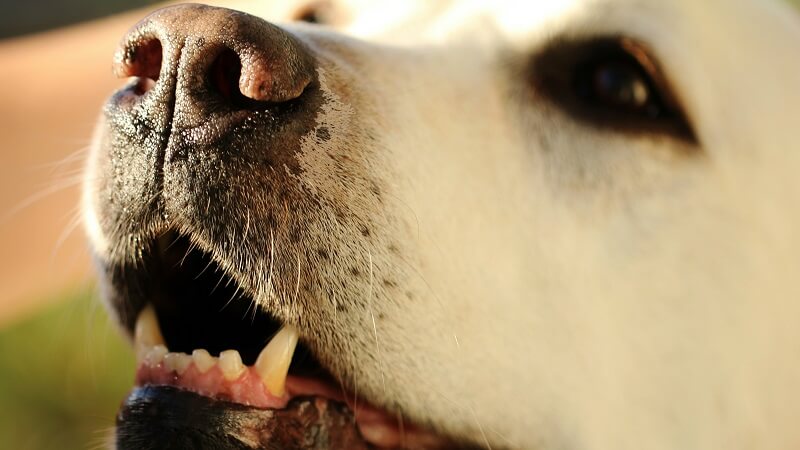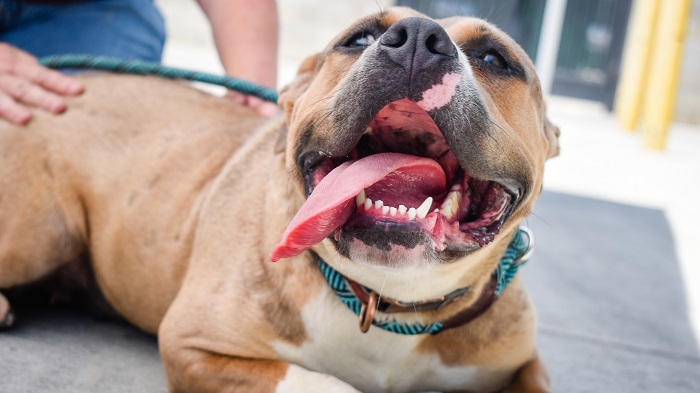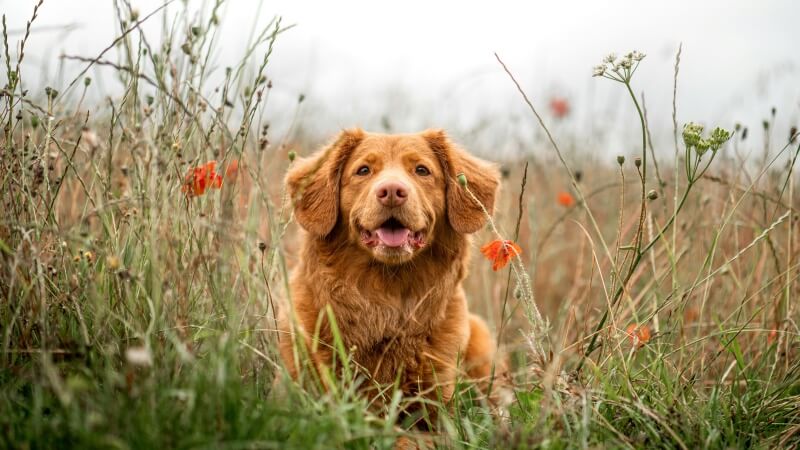
How To Craft A Cozy Cat Vest From Fabric Strips
Have you ever seen your feline friend lounging around and thought, “What could possibly make this picture more adorable?” The answer is simple: a cat

Tooth problems in dogs, including dog teeth rot, are as prevalent and painful as human dental issues. Neglecting your dog’s dental health can lead to severe consequences.
In this guide, our expert veterinarians from Springfield will demonstrate effective methods for maintaining your dog’s oral hygiene.
We’ll cover the essentials of cleaning a dog’s mouth and ensuring their teeth stay healthy, along with the potential risks of ignoring their dental care.
Maintaining your dog’s dental health is vital for their overall wellbeing. By around the age of three, many dogs show signs of periodontal disease, leading to dog teeth rot and other serious health implications over time.
Similar to humans, where studies have linked periodontal disease to heart issues, this correlation is also evident in dogs.
The connection between heart disease and periodontal disease in canines is attributed to mouth-borne bacteria entering the bloodstream, impairing heart functionality and affecting other organs.
Besides the heart, these dental issues manifest as gum erosion, pain, and eventual loss of teeth.
Regular home dental care, along with dental treats, can significantly help in keeping your dog’s teeth clean, reducing plaque and tartar buildup.
However, the most effective strategy for ensuring your dog’s oral health is an annual dental check-up and cleaning by a veterinarian.
Failing to maintain regular dental hygiene could expose your dog to risks like gingivitis, periodontal disease, bad breath, and in extreme cases, significant pain, tooth decay, and tooth loss.
Like any medical procedure involving anesthesia, dog teeth cleaning poses certain risks.
Therefore, our veterinary team conducts thorough health assessments on all pets to determine their suitability for anesthesia.
If necessary, we carry out additional diagnostic tests to confirm that undergoing a dental examination under anesthesia is safe for your pet.
To combat dog teeth rot and periodontal disease, our veterinarians at CityVet Care recommend annual dental check-ups for your dog, or more frequently for severe or recurring dental issues.
During your dog’s visit to CityVet Care for a dental examination, our vets conduct a comprehensive oral assessment to spot any dental problems, such as:
If you notice signs of periodontal disease in your dog, like reduced appetite (possibly indicating tooth pain), abnormal chewing, excessive drooling, dropping food, or persistent bad breath, contact your vet immediately to arrange a dental appointment.
Untreated oral health issues can escalate, causing significant pain and discomfort.
Once your pet is safely anesthetized, a detailed tooth-by-tooth examination is performed, akin to your own dental check-ups. This includes charting, probing, and x-raying each tooth.
While under anesthesia, we thoroughly clean and polish your dog’s teeth, both above and below the gum line. We then apply fluoride treatment and a dental sealant to help prevent future decay and plaque buildup.
Should your dog suffer from advanced periodontal disease, our team will collaborate with you to create a treatment plan aimed at restoring your pet’s oral health to a pain-free and healthy state.
Each dog is unique, but typically, recovery from anesthesia after a teeth cleaning starts within a few hours.
However, it may take 24-48 hours for some dogs to fully recuperate. During this recovery period, it’s common for your dog to appear sleepy and have a decreased appetite.
The cost of a dog’s dental cleaning can vary significantly, influenced by factors such as your dog’s size, the current state of their dental health, your location, and the specific veterinarian you consult.

For an accurate estimate of your dog’s teeth cleaning, it’s best to contact your local veterinarian.
Importantly, investing in regular dental care for your dog can prevent the need for more invasive, costly procedures or surgeries in the future.
Consistent veterinary attention enables early intervention, helping to prevent severe tooth decay and gum disease, which can lead to pain, tooth loss, and even jaw bone deterioration.
As a responsible pet owner, it’s crucial to play an active role in combating dental disease in your dog. Here are simple yet effective steps to maintain your dog’s oral health and how to clean their teeth:
Note: This information is for educational purposes only and does not substitute for professional veterinary advice. For a precise diagnosis and treatment plan for your pet, please consult your veterinarian.


Have you ever seen your feline friend lounging around and thought, “What could possibly make this picture more adorable?” The answer is simple: a cat

The moment you consider a dog hunting vest for your adventurous companion, you’re stepping into a world where safety meets functionality. This vest is not

The concept of a dog cooling vest is a game-changer for pet owners looking to enhance their dog’s comfort during those relentless summer days. Imagine

When you first consider crafting a tactical dog vest, it’s not just about embarking on a fun DIY project; it’s about ensuring your furry companion’s

Have you ever seen your feline friend lounging around and thought, “What could possibly make this picture more adorable?” The answer is simple: a cat

The moment you consider a dog hunting vest for your adventurous companion, you’re stepping into a world where safety meets functionality. This vest is not

The concept of a dog cooling vest is a game-changer for pet owners looking to enhance their dog’s comfort during those relentless summer days. Imagine

When you first consider crafting a tactical dog vest, it’s not just about embarking on a fun DIY project; it’s about ensuring your furry companion’s
Secure and Empower, Walk Responsibly
Copyright © 2025pettacticalharness. All Rights Reserved.